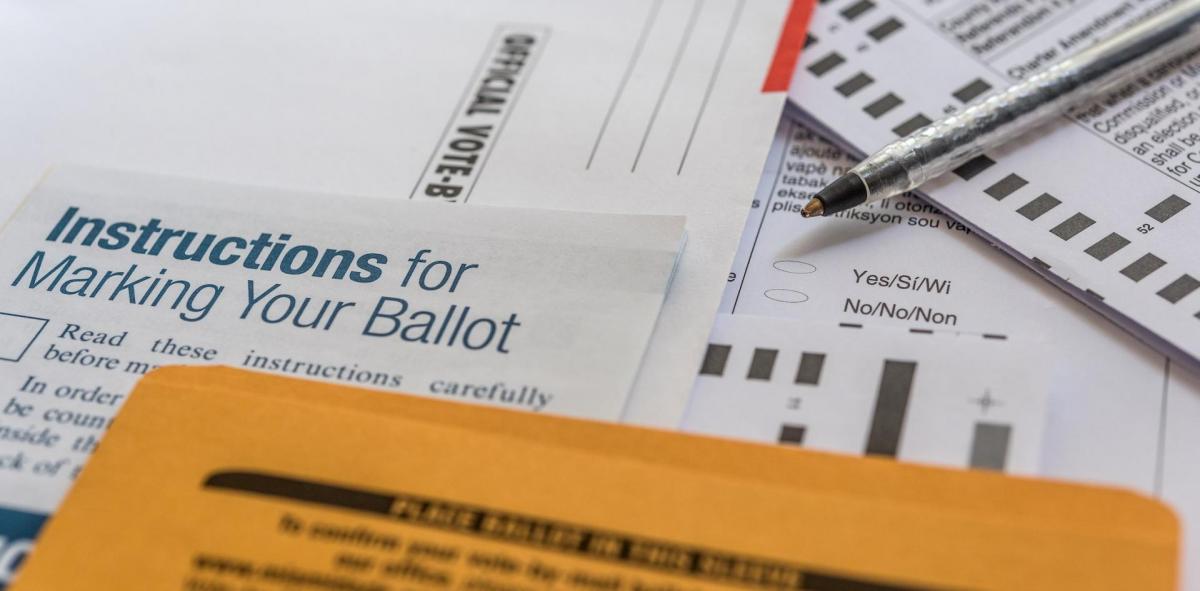On May 7, Jefferson Griffin (R) conceded defeat to incumbent justice Allison Riggs (D) in North Carolina's 2024 state supreme court election. This was the last 2024 election without an official winner. Various legal actions were taken between the election and Griffin's concession.
On Nov. 6, Griffin held a lead of just under 10,000 ballots on election night. Over the following days, as more ballots came in, Riggs eventually took the lead, and at the end of the initial count, she led by 623 votes. Under state law, the candidate in second place may request a recount if the candidate in first place leads by less than 10,000 votes. Griffin asked for a recount on Nov. 19. Additionally, on Nov. 21, Griffin filed a lawsuit challenging 60,000 ballots, which he said “highlight[ed] specific irregularities and discrepancies in the handling and counting of ballots, raising concerns about adherence to established election laws."
According to The New York Times, Griffin's lawsuit challenged military and overseas voters, residents who didn’t live in the state but were registered to vote there, and people who did not provide proof of identification when they registered.
On Dec. 2, Griffin requested a second recount, which the 100 county boards of elections would conduct by hand in a randomly selected sample of precincts across the state. On Dec. 3, the initial recount, which was conducted by machine, showed Riggs with a lead of 734 votes. On December 10, the state board of elections said the second recount had not changed the results enough to allow for a third recount. A day later, the North Carolina Board of Elections voted 3-2 to dismiss Griffin’s challenges.
After this, Griffin filed an injunction to prevent certification and requested the state supreme court rule on the race. On Jan. 6, 2025, U.S. Judge Richard Myers of the District Court for the Eastern District of North Carolina ruled that the state supreme court had to hear Griffin’s case. Additionally, on Jan. 10, after a request from Riggs’ attorneys, the United States Court of Appeals for the Fourth Circuit said it would agree to hear the case.
On Feb. 4, the Fourth Circuit ruled that the state supreme court should take the case. The case then moved to the state Court of Appeals after Judge Paul Ridgeway of the Wake County Superior Court sided with the Board of Elections in dismissing Griffin’s case. On April 4, a panel of Court of Appeals judges ruled 2-1 to recalculate vote totals in line with Griffin’s challenge. The court gave voters with incomplete data 15 days to provide missing identification, or their ballots would not be counted.
On April 7, the state supreme court blocked the decision and subsequently ruled that the 60,000 challenged ballots could be counted. However, it extended the deadline to 30 days for military and overseas voters who did not provide ID or have their votes discarded. At the time, the total number of ballots affected was unknown.
On April 15, the Board of Elections said in a federal court filing, in response to a request for how many ballots were affected, that the number of affected voters was 1,675. On April 22, the Fourth Circuit blocked the state supreme court’s decision. On May 5, 2025, Judge Richard Myers ruled that the state Board of Elections had to certify Riggs’ win, though he gave Griffin a week to appeal. On May 7, Griffin declined to appeal the decision any further.
Elections for the North Carolina Supreme Court are partisan. Republicans currently hold a 5-2 majority on the court. Riggs, and Justice Anita Earls (D), are the only Democrats on the court. The next election will be in 2026 when Earls is up for re-election. According to The Carolina Journal, "the outcome could either further solidify the current 5-2 Republican majority or provide Democrats a foothold to influence future court decisions."
For a full account of events, click here. For a look at the 2026 state supreme court elections, click here.



